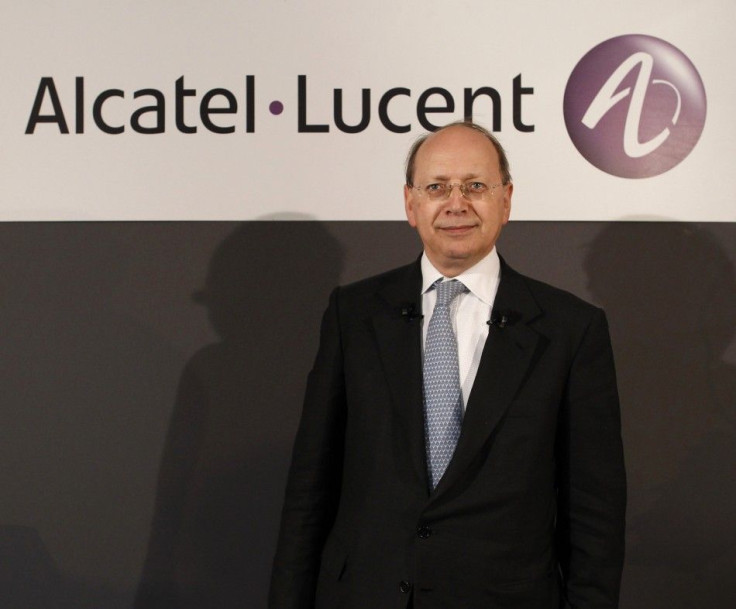Additional Perspectives on Alcatel-Lucent' Edge Routing Business

Alcatel-Lucent (NYSE: ALU) announced its new Flexible Path 3 (FP3) silicon for the all-important 7750 Edge Router on Wednesday. The chip is a programmable, 400 Gbps processor to be used in the company’s successful 7750 Edge Router platform.
We recently spent time with Basil Alwan, the head of Alcatel-Lucent’s IP Division. Our conversation spanned the new silicon, their competitive advantage in Edge Routing, and their prospects for entering the Core routing market, said George Notter, an analyst at Jefferies.
Notter said initial line cards utilizing the silicon include a 2-port X 100 Gbps interface and 20-port X 10 Gbps card. These interfaces will enable each slot to run at 200 Gbps at full duplex mode with all the intelligence and service support of existing 7750 platforms.
By filling an existing 10-slot 7750 chassis (called the SR–12), the system scales to a full 2 Tbps of total capacity in 1/3 rack. Looking forward, there is an upgrade path to support 4x100 Gbps or 40x10 Gbps (currently constrained by the size of optical interfaces).
Additionally, the FP3 features enhanced power efficiency, using only 2.25 watts/Gbps – roughly 50 percent better than their previous silicon generation (FP2).
The company noted that the advanced processor represents a significant milestone towards having enough speed and agility to cover all routing processes across the Edge and the Core.
Importantly, the new line cards will be backward compatible and can be deployed in existing SR-12 chassis footprint alongside existing I/O cards for a seamless upgrade cycle. The line cards are currently being demonstrated for customers within Alcatel-Lucent’s labs and will generally be available in mid-2012.
In Notter's view, the development is important as it moves the company ahead of Cisco and Juniper on price/performance in Edge Routers, a $6 billion annual market category.
At this point, the company isn't commenting on their strategy for the Core Routing market. They have, however, been clear that Alcatel-Lucent would enter the Core at some point in the future, Notter said.
Also, Notter noted that investors should be a bit relieved that Alcatel-Lucent doesn't expect to simply enter the Core Routing market and compete on price.
Notter suspects they'll instead pursue a strategy of leveraging the 7750’s high-speed performance and multiservice capability into the Core. At this point, he expects that Alcatel-Lucent won't provide any near- or intermediate-term threat to Cisco and Juniper in this market.
In total, we’re encouraged by Alcatel-Lucent’s announcement – the company is clearly executing in the Edge Routing space. The new processor enhances the company’s existing strong position at the Edge. It also extends and solidifies their lead in the port density race, ahead of Cisco and Juniper, said Notter.
Notter said he is modeling for the IP Division to grow 19 percent and 20 percent in 2011 and 2012, respectively. He still likes Alcatel-Lucent shares in light of continued execution in the IP networking space, and particularly as a cheap play on mobile data traffic growth.
Notter said the company now trades for 0.6 times of equity value/2012 Sales -- too cheap for a business with improving margin structures and renewed top-line growth.
Alcatel-Lucent stock closed Thursday's regular trading up 0.17 percent at $5.77 on the NYSE. During the pre-market trading on Friday, the stock moved down 0.17 percent to $5.76.
© Copyright IBTimes 2024. All rights reserved.




















